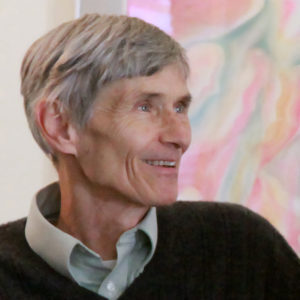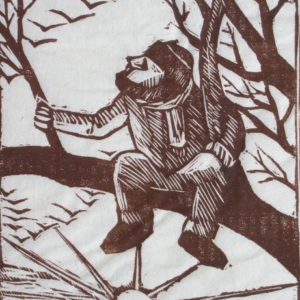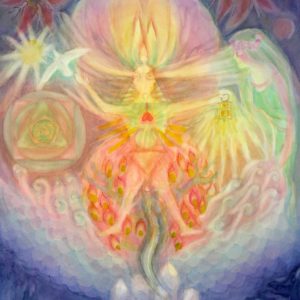Power, Myth, and the Corporate Archetype
By Dennis Klocek 3 min read
What is an archetype?
Most people would be surprised if they were told that there was no such “thing” as a biological species. But this is a true statement because a species is an idea, not a thing. I can’t send you out and ask you to come back with a species. A species exists in the realm of ideas as a field of forces that supports whole populations of individual organisms. The field-like nature of a species qualifies it for what was known in the ancient world as an archetype. An archetype is a field of forces that unites individual entities that possess common traits.
An archetype is a field of forces that unites individual entities that possess common traits.
An archetype can also be composed of groups. In reality, a species is a composite of all of the varieties that make up the particular species. Likewise, a genus is composed of all of the species that is united under its particular characteristics. Going further a family is composed of all of the genera that are united by similar traits. Traits carried at this level influence much wider groups of organisms than traits carried by organisms at a lower level of archetypal influence. In this, we get a picture of the old babushka doll where a smaller archetypal group is housed in a larger archetypal group. As a result, an archetype is an individual and also a collective. It changes according to the context in which it is viewed.
A corporation has an archetypal form in the vision of the founders. That vision sets the mission and the traits or values that constitute the corporate identity. As such it is an archetypal entity. It houses groups and sub-groups that have more or less access to the vision of the founders according to their need to know. These groups may be much larger than the group holding the vision but they are smaller in their impact on the whole field of the operation. Decisions made at the higher archetypal level will impact the whole more than decisions made at a lower archetypal level.
In nature, wholeness rules the relationship between the higher archetypal levels and the lower levels of the relationship. Traits at a higher level of organization tend towards generalities and traits at lower levels of archetype trend towards specialization. Traits at higher levels of the archetype are passed down to more specific organisms as a matter of course. This natural passing down of traits sustains the wholeness found in nature.
Traits at higher levels of the archetype are passed down to more specific organisms as a matter of course. This natural passing down of traits sustains the wholeness found in nature.
Corporations, composed of human beings who are somewhat free of the biological imperative of wholeness can either pass down the traits or values as directives or allow for the lower levels of archetypes in the organization to approach autonomy in the forming of new values. The allowance for autonomy at lower levels of organization is an archetypal human development that is not patterned in the natural world.
The mandate process is one way that the higher levels of the organization can simultaneously pass on the values of the vision and simultaneously limit the action of the entities at a lower level and allow for autonomous action of entities at a lower level. The directive group sets up parameters for the action of the directed group. The parameters include limiting the level of decisions before any action is taken so that the directed group can exercise autonomy in decision-making within the parameters set by the directors. This encourages innovation while exercising control.
The archetypal model is useful for understanding how power and initiative are flowing in the organization.
The archetypal model is useful for understanding how power and initiative are flowing in the organization. The archetype for the model is found in the form of myths. Myths represent archetypal diagrams of the field of influences between gods and humans and archetypes of humans engaged in the formation of organizations where decisions for the whole are made at a higher archetypal level and decisions for the daily round are made in lower levels of the organization.

Dennis Klocek
Dennis Klocek, MFA, is co-founder of the Coros Institute, an internationally renowned lecturer, and teacher. He is the author of nine books, including the newly released Colors of the Soul; Esoteric Physiology and also Sacred Agriculture: The Alchemy of Biodynamics. He regularly shares his alchemical, spiritual, and scientific insights at soilsoulandspirit.com.
Similar Writings
Etheric Vision
In the inner work of developing your consciousness, there is a stage of development called “etheric vision”. This concept is found in many forms in the work of Rudolf Steiner. To form an idea of this, it is useful to look at the work of Goethe known as phenomenology, or the perception of phenomena. This…
The Great Creator’s Dream: Freedom, Giveaway and the Task of the Human
Back in the day, way back in the day, the Creator had a dream. And the Great Creator had a dream to make a being that could create in freedom. And the name of that being was the World Mineral Plant Animal Human. The World Mineral Plant Animal Human was given the gift to create…

